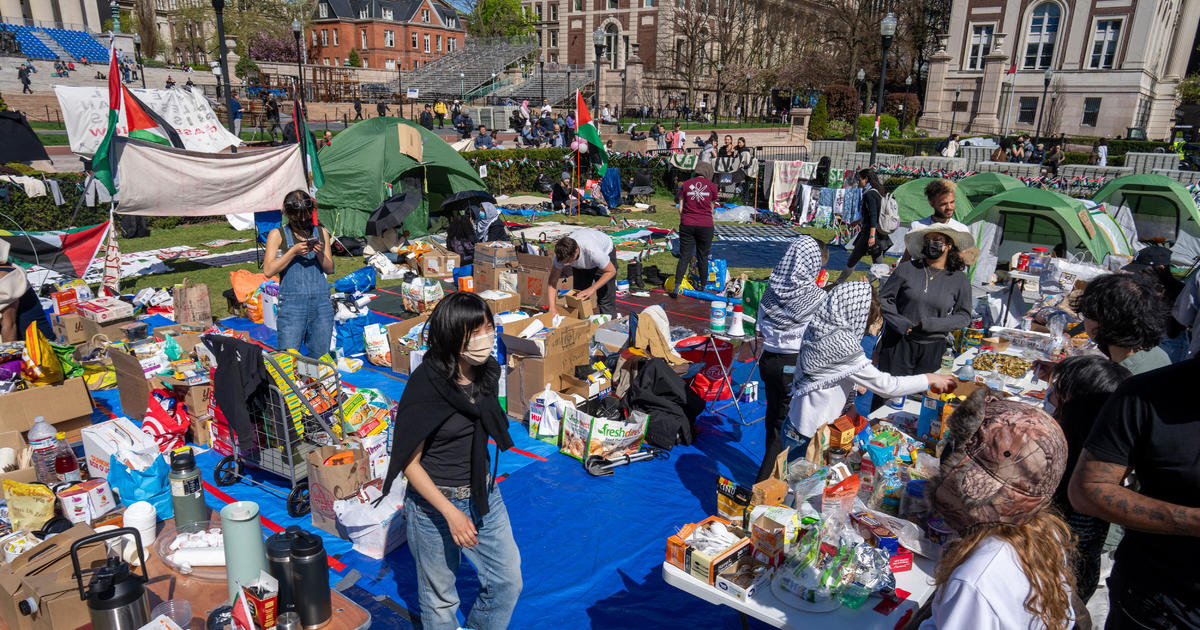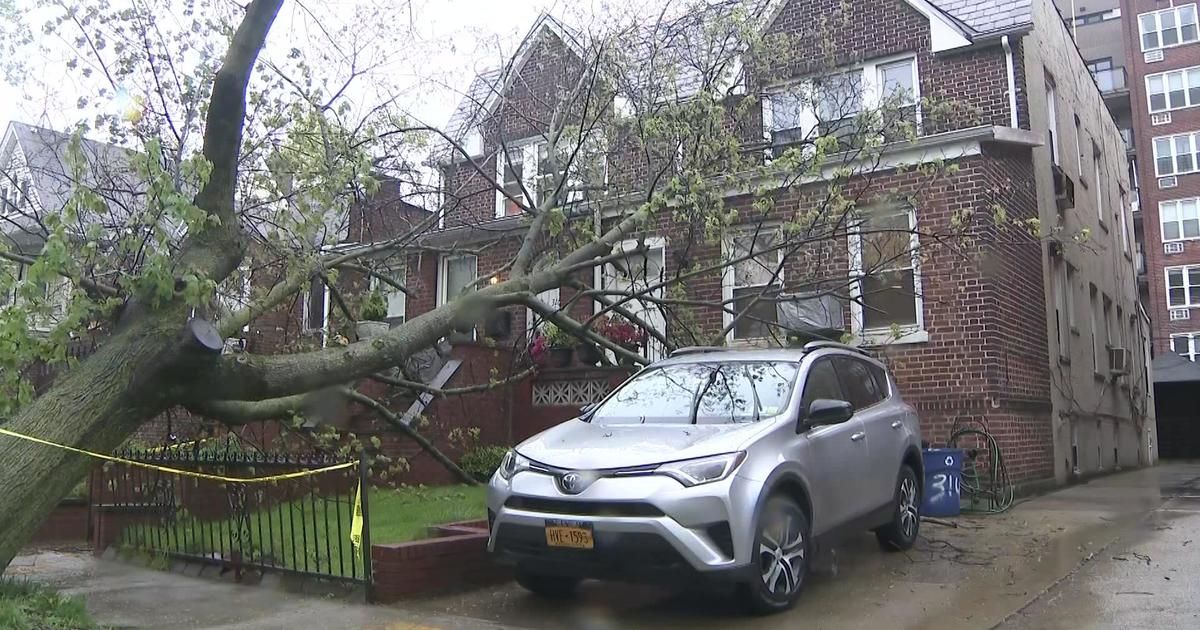Common Childhood Allergies To Watch Out For
NEW YORK (CBSNewYork) — Regardless of what time of year it is or where you live, chances are there is always something out there giving kids with allergies a hard time. With spring comes pollen season, summer hits hard with grass and tree allergies, and so on and so forth. Even for those without seasonal allergies, there are a lot of things you should be on the watch for year-round that can trigger sneezing, coughing and asthma-like symptoms. From season-specific allergens to common foods you may not think twice about, these are all things you should keep an eye out for to make sure your child is safe and healthy.
Seasonal Allergies
Many people think that seasonal allergies only means spring through fall, but that's not always the case. Kids are especially susceptible to things that many adults may not be, so its your job as a parent to pay more attention to the smaller things that could affect a child. The most common thing that can give a child allergy symptoms are grass, trees, and pollen, which are dominant in spring through early autumn. Although it's not common for seasonal allergies to cause major health problems; coughing, sneezing, and breathing difficulties over long periods of time make it difficult to enjoy day-to-day activities. Seasonal allergies do have the chance to cause asthma sinusitis, and hay fever, so it's best to tackle these problems early if you notice your child experiencing symptoms.
Common Foods to Watch Out For
The unfortunate side of food allergies in children is that unlike seasonal allergies, it's hard to tell beforehand if they will be allergic to the food. Oftentimes, it's not until they start to eating the food that you will know if there will be any problems. Symptoms can be small; such as itchiness or rashes, to more complicated problems like trouble swallowing and breathing. Everyday foods like milk, eggs, various types of nuts, soy, and so on. If you believe your child is at-risk for these problems, always read the ingredients for foods and it never hurts to ask what is included in dishes at restaurants.
Household Allergies
Even in your own home, there may be things that can cause allergic reactions in children. Rarely do these allergens cause major problems, but being around them in the long run can be extremely dangerous. Dust, mold, and even latex are things that are hard to avoid, but can be harmful to children. Cleaning frequently and checking for mold are the safest ways to ensure your child's health isn't at risk.
Pets and Animals
As much as no child wants to be allergic to the family pet, it's a rather common reaction. Allergies to pets may come a year after owning them, as allergies change over the years. Reactions to cats, dogs and other animals are usually minor with symptoms involving itchiness and sneezing. To play it safe, keep pets indoors, if possible, so they don't bring in extra pollen. The bright side is that many children outgrow pet allergies, and even if they don't, they are easily treatable with medicine.
Luckily, treatment for allergies isn't too complicated, and generally involves a pill or nasal spray. Even if allergies and asthma don't run in the family, it never hurts to bring your child to a specialist to get tested. The doctor will test for everything, ranging from pollen to specific foods, so nothing goes unchecked. Never make the mistake of assuming your child has a cold, as the symptoms can be very similar.



